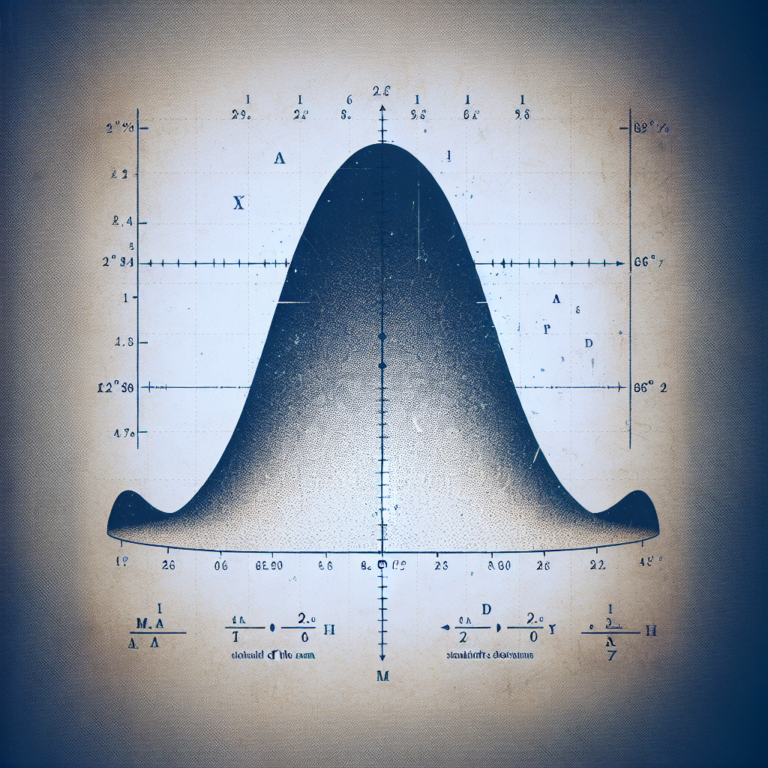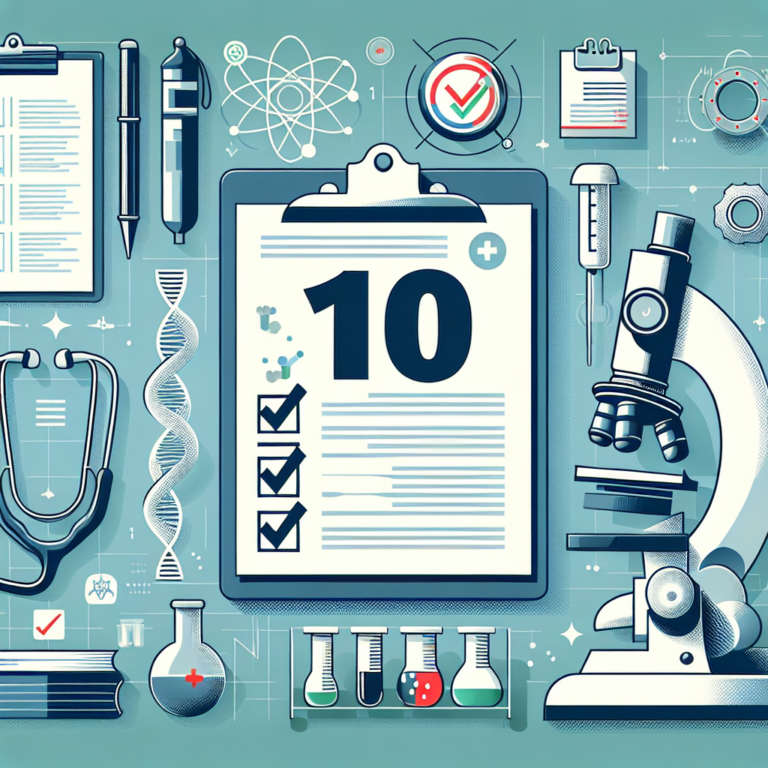Biostatistics plays a crucial role in evidence-based medicine, providing the necessary tools to analyze and interpret data in the medical field. At StatisMed, we understand the importance of incorporating statistical analysis into medical research and practice.
Table of Contents
Introduction to Biostatistics
Biostatistics is the application of statistical methods to medical and health-related research. It involves designing studies, collecting and analyzing data, and interpreting results to make informed decisions in healthcare. Biostatistics helps identify patterns, trends, and relationships within data sets, aiding healthcare professionals in understanding the effectiveness of treatments and interventions.
In the realm of evidence-based medicine, biostatistics is essential for evaluating the quality of evidence supporting medical practices. By applying statistical techniques to clinical trials, observational studies, and meta-analyses, researchers can assess the impact of interventions on patient outcomes and determine the most effective treatments.
The Role of Biostatistics in Research and Clinical Practice
-
Study Design: Biostatisticians collaborate with researchers to design studies that generate reliable and valid results. They help determine the sample size, randomization procedures, and data collection methods to ensure the study’s validity.
-
Data Analysis: Biostatisticians use various statistical techniques to analyze data, such as hypothesis testing, regression analysis, and survival analysis. By examining the data in-depth, they can identify associations, trends, and potential biases that may affect the study results.
- Interpretation of Results: Biostatisticians play a crucial role in interpreting study findings and presenting results in a meaningful way. They help researchers draw conclusions based on statistical significance and clinical relevance, guiding evidence-based decision-making in healthcare.
The Impact of Biostatistics on Evidence-Based Medicine
Biostatistics enhances the quality and reliability of evidence in medicine by:
-
Quantifying Uncertainty: Statistical methods quantify uncertainty in research findings, allowing healthcare professionals to assess the strength of evidence supporting a particular treatment or intervention.
-
Identifying Patterns and Trends: Biostatistics helps detect patterns and trends in data, revealing associations between risk factors, treatments, and outcomes. This information can guide clinical decision-making and improve patient care.
- Supporting Evidence Synthesis: Through meta-analysis and systematic reviews, biostatistics synthesizes evidence from multiple studies to provide a comprehensive overview of a particular topic. This enables healthcare professionals to make well-informed decisions based on the best available evidence.
Incorporating Biostatistics into Medical Practice
At StatisMed, we offer statistical analysis services tailored to the needs of medical doctors and researchers. Our team of experienced biostatisticians collaborates with healthcare professionals to analyze data, interpret results, and enhance the evidence base for medical practice.
Whether you are conducting a clinical trial, analyzing patient outcomes, or reviewing existing literature, biostatistics plays a vital role in ensuring the validity and reliability of your findings. By incorporating statistical analysis into your research and clinical practice, you can make evidence-based decisions that optimize patient care and improve healthcare outcomes.
To learn more about our statistical analysis services, visit StatisMed Services. For information about our team and expertise, visit About Us. If you have any inquiries or would like to request a quote, please contact us.
In conclusion, biostatistics is an indispensable tool in evidence-based medicine, providing the foundation for sound research, clinical practice, and healthcare decision-making. By harnessing the power of statistics, healthcare professionals can enhance the quality of evidence, improve patient outcomes, and advance medical knowledge.
[ad_2]




